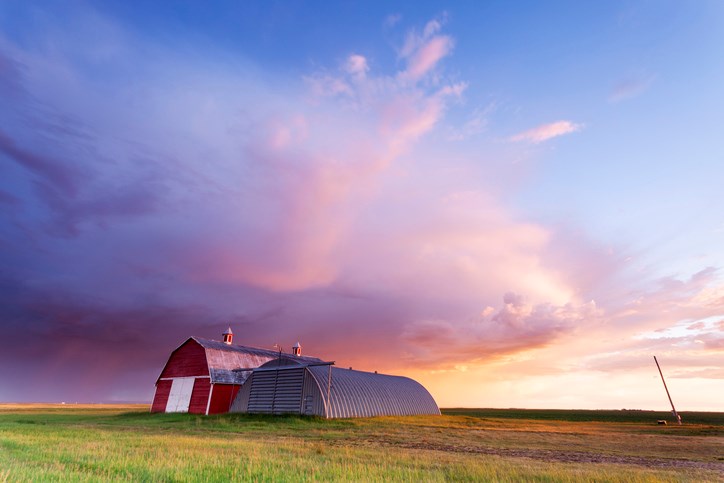The Agricultural Producers Association of Saskatchewan (APAS) is calling for the federal parties to make election commitments to fix the issue of poor cellular coverage and inadequate high-speed internet access in rural Saskatchewan and support Canada’s agricultural sector. Saskatchewan producers need a government that supports the next generation of producers with responsive agricultural programs, improved trade and market transparency, and recognition of all the good work producers are doing and have done to address climate change.
“This election is coming at a time when Saskatchewan producers are facing a mountain of challenges, and we need to ensure our federal government will be there for the agricultural sector,” APAS President Todd Lewis said.
As technology evolves, many Saskatchewan farmers and ranchers face little to no cellular or internet service on their farms, limiting their ability to improve productivity and efficiency. The lack of connectivity in rural Saskatchewan is also a safety concern for many farm families.
“What’s the point of having access to a technician who can diagnose the problem with your machine if you can’t connect to this technician? That’s the issue many producers are facing, not to mention the issue of safety when you can’t use your cellphone to call someone,” Lewis said. “You don’t have to look very far to hear stories about farmers being injured while working in the field and not being able to call for help.”
Many farmers and ranchers in Saskatchewan are transitioning farming operations to their children, and younger producers are also entering the industry. APAS needs federal leaders that support the next generation of producers in Canada through programs to assist with these farm transitions, increased funding to the 2023-2028 Agricultural Policy Framework Strategic Initiative Programs, and additional investments to reform Business Risk Management programs.
“We know agriculture is a major driver in Canada’s economic recovery,” Lewis said. “That’s why we need to see action and support for farmers and ranchers right now, who are new to the industry or who are adapting to changing markets and technologies.”
Producers in Canada also need to see their federal government make changes to provide farmers and ranchers with greater market transparency and access to trade opportunities. APAS wants to see this objective achieved by creating a Canadian export sales reporting program, improved railway transparency, and conducting a full railway costing review.
APAS also wants to work with the federal government to address climate change while also requesting federal leaders to understand that producers are price-takers in international markets.
Farmers and ranchers must absorb additional costs of the carbon tax that passed through the supply-chain. APAS also wants federal leaders to recognize the critical role Saskatchewan’s croplands and grasslands have in combatting climate change through the capturing and storing of carbon.
“Farmers and ranchers don’t receive any additional credit, even though the investments they’ve made have reduced their carbon footprint and captured more carbon in their land.” Lewis said. “Agriculture has a major role to play in helping to fight climate change. We want to continuing doing our part against climate change, but we need to be recognized for the good work we’re already doing.”


